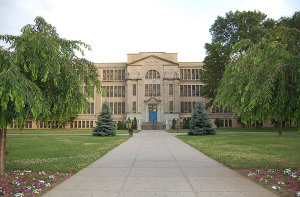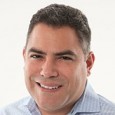
I had always wanted a little brother of my own. Our friendship quickly took on a “big brother, little brother” dynamic, which remains true to this day. I’m proud of his growth as a human being, especially now that he’s a married man with a beautiful wife and an adorable baby daughter.
Ever since reading "Coming Out Again" (my article in the October 2008 issue of POZ about coming out to my family as gay and HIV positive), he has been sifting through his memories of that time in our lives.
I was surprised to learn some poignant details, excerpted from an email:
“As soon as you were positive, you became, then, a sort of ghost. I grieved your loss, I imagined you leaving me in so many horrible ways I couldn’t bear it. So I thought of you in the past tense. It was easier. I imagined the worse, and every minute with you was a gift, but a painful one?worse than cancer because I couldn’t tell anyone, a mix of shame and pain and respect for your privacy.”
And here’s another surprising tidbit from that email:
“I also, then, was afraid of getting sick. More early ’90s as to the late ’90s. I don’t think about it any more, but I was afraid. Not paranoid, more like when someone has the flu. You don’t worry so much, but you still always worry a bit. It really didn’t start until that time you cut your hand and you made such a big deal about it that you kindled a sort of panic inside me as well.”
The difference between the early ’90s and the late ’90s is a crucial distinction. After my HIV diagnosis in 1992, I had limited treatment options. By the end of the decade, HIV meds had changed the outlook for many HIV-positive people from despair to hope, myself included.
I experienced that transformation both in my body and in my mind. My best friend from high school may not have been paranoid, but I was in those early years after my seroconversion. I was terrified about unintentionally infecting someone, no matter how remote the possibility.
When we, the HIV-positive, disclose our status to our loved ones, we need to help them cope as best we can. I regret that I wasn’t able to do a better job of that back then for my best friend from high school.







Comments
Comments